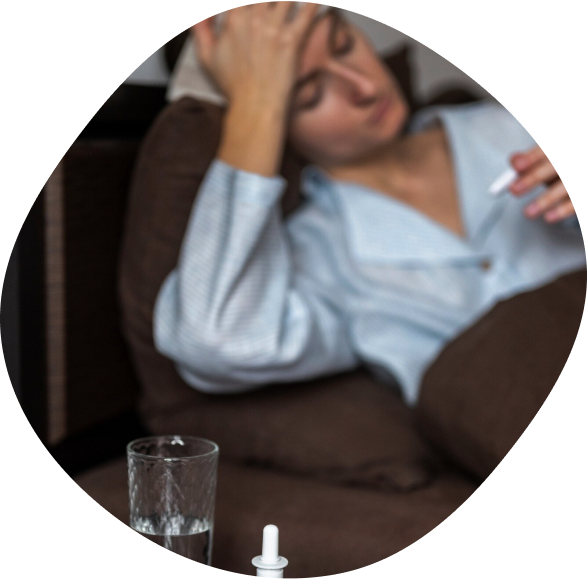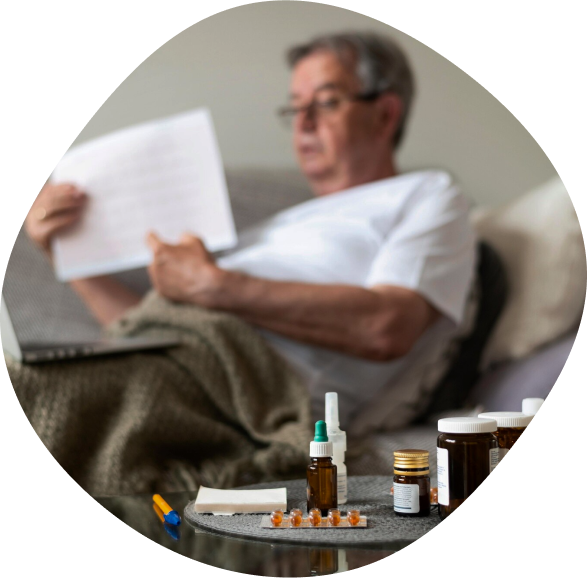




Opioid substances are prescription painkillers and central nervous system (CNS) depressants. Their narcotic effects reduce the experience of pain and can ignite a euphoric sensation, increasing the risk of addiction.
The most common opioid drugs include hydrocodone (Vicodin), oxycodone (OxyContin, Percocet), fentanyl, heroin, methadone, and more. Most are Schedule II controlled substances, with some (like heroin) being Schedule I.[1]
Abuse of opioids includes taking higher doses than prescribed, for a longer timeframe than intended, administering the substance in alternate ways (crushing, injecting, etc.), and obtaining the prescription illegally or without a prescription. Opioid-related deaths were not tracked until the late 90s, but since then, opioid deaths have tripled overall, with a 41% increase in 2020.[2]
The Diagnostic and Statistical Manual of Mental Health (5th) has established a set of criteria for diagnosing opioid use disorder (OUD). This requires two of the following symptoms to maintain a pattern in one’s life for one year:[3]


Like other CNS depressants (Valium, Xanax, heroin, etc.), opioids slow down critical body functions, like heart rate and breathing or respiratory depression. These more severe effects can become fatal in the event of an overdose.
Common side effects of opioid use include:[4]




Aside from rare situations, most opioids are not intended for long-term use. One of the most serious concerns when it comes to opioid use is its propensity to alter brain chemistry. This can cause the brain to function abnormally or misfire when opioids are not present.[5]


Each person’s experience with withdrawal will vary based on medical history, history of opioid use, the presence of any other substances, and the time of the last dose. However, common opioid withdrawal symptoms include:[6]
In most cases, withdrawal is only temporary and only present in those who have developed a tolerance to the effects of opioids, chemical dependence on the substance, or those who have an opioid use disorder (OUD).






While there are lots of others walking the same path to recovery, no one else is in your shoes. No “off the rack” treatment plan will be truly effective or offer the same level of critical support you need. Across multiple levels of care, our specialized treatment programs provide long-term support to facilitate life-changing recovery.


There are a number of evidence-based interventions that are highly beneficial for substance and opioid use disorders. These methods allow clinicians and participants to address the whole person and identify any potential underlying disorders or patterns. On this foundation, you can create new, healthy habits.
Therapy is also a powerful to to help you build the coping skills that will be essential to your lifelong recovery. Coping skills help you fight triggers and navigate potentially challenging circumstances to become the best version of yourself.
At NUMA Recovery, our therapy modalities include:


